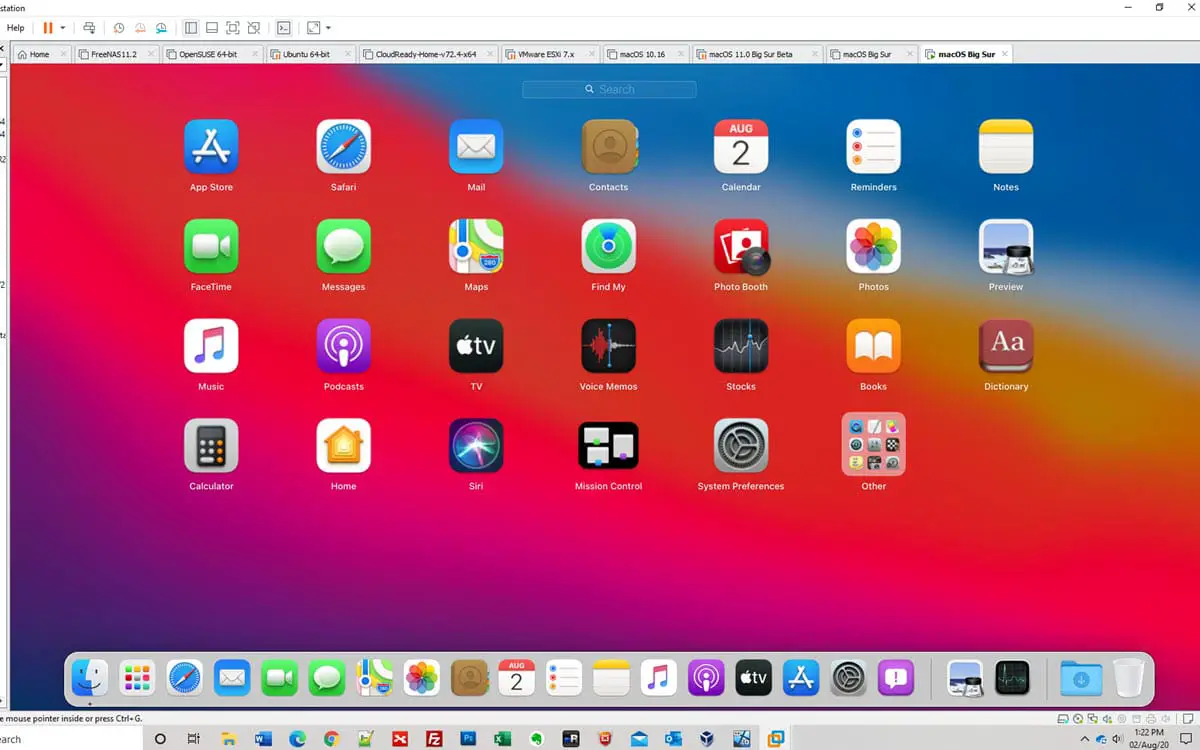

Downloading the installation package of macOS Sierra may be a time-consuming process (the slow downloading of macOS Sierra is a common issue). Once the downloading process has begun, you should be able to see the progress of the download in the Launchpad. Click the Download button to begin downloading the installation package. Once the App Store window with macOS Sierra is open, you can read the operating system information. A machine with Mac OS is required for this process, as you will be redirected to the App Store after entering these links in the browser (browsers on Windows or Linux are not able to recognize App Store links). This blog post explains the installation process by using Mac OS X 10.12 Sierra as an example. If you do not already have the ISO image, you can create the installation ISO image manually by downloading a package from Apple’s official website. To start, you must have the ISO image of the macOS installer. For this purpose, you can start 15-day free trial of NAKIVO Backup & Replication and access its full-fledged functionality right away without any limitations. What's more, learn how you can safeguard virtual, physical, and cloud workloads using a single solution-NAKIVO Backup & Replication. This blog post explores the ways of running Mac OS on a VMware ESXi VM. By default, Mac OS cannot be installed on VMware ESXi or VMware Workstation. In some cases you may be required to install Mac OS on a virtual machine, for example, if you need to test applications that can only be run on Mac OS. Hardware virtualization allows you to run virtual machines with various operating systems including Windows, Linux, and FreeBSD on different hosts, while providing you with the ability to migrate VMs between hosts. In present day, VMware is one of the leading providers in virtualization technologies.

MAC ISO FOR VMWARE HOW TO
By Michael Bose How to Run Mac OS on VMware ESXi


 0 kommentar(er)
0 kommentar(er)
